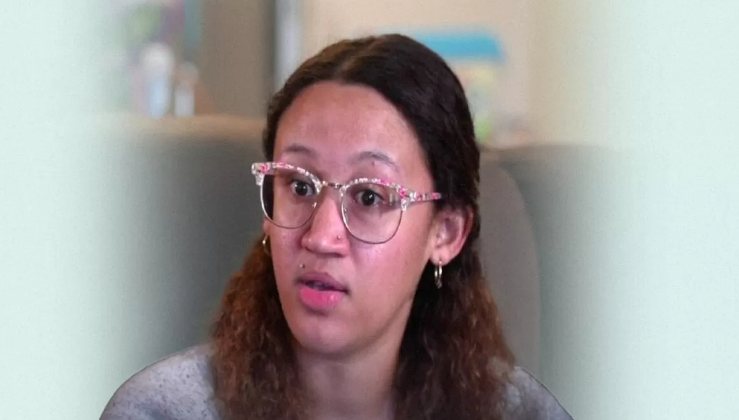Florida Parolees Charged for Cells After Prison Terms End
Florida "pay to stay" law charges $50 a day, based on sentence, even if released early

Imagine you've just been released from prison in Florida. You have every intention of turning your life around. You plan to stay out of trouble, get a job, and follow the rules of your parole. Then, you find out you owe a six-figure bill. In Florida—and most other states—incarcerated persons are charged for the costs of their time in prison. The practice, called "pay-to-stay," leaves many former offenders with staggering debt.
In Florida, prisoners are charged $50 for every day of their original sentence, which means they keep getting charged, even if they are released early. When former inmates inevitably fail to pay this massive bill, it can prevent them from ever moving on from their period spent behind bars. Pay-to-stay fines end up following people long after they've left prison, trapping them in insurmountable debt. Not only is this practice cruel, but it obviously has little utility beyond the extended punishment of ex-offenders.
"Where I'm at today, I'm truly being stopped by one single barrier and it is a dollar sign," Shelby Hoffman told investigators an interview with WFTS Tampa Bay. Hoffman was hit with a $127,000 bill for a 7-year prison sentence, even though she only served 10 months. Since her release from prison, Hoffman has gotten clean and rebuilt her life. She's soon to graduate with a bachelor's degree. However, she can't start her dream career as a case manager because of her outstanding pay-to-stay bill.
"I've been out of prison 7.5 years at this point," Hoffman added. "When I have trekked so hard to get a track record that I have now, and you are imposing something that I can't pay off in a lifetime, so I am stuck. I have a family now, I have a daughter, a wonderful husband, I have a home, I have all these accomplishments I've worked so hard, so hard to maintain."
"We think it's unconstitutional," Lisa Foster, Co-Executive Director of the Fines & Fees Justice Center, told WFTS Tampa Bay. "It's not proportionate either to the underlying offense or to a person's financial circumstances."
Asking those caught up in our criminal legal system to support government agencies is an inefficient way for the government to raise revenue. Because many low-income people can’t pay their debt, billions of dollars in fines and fees go unpaid every year. The Fines and Fees Justice Center found national court debt totaling $27.6 billion in 2021. And a 2019 report released by the Brennan Center found that from 2012 to 2018, Florida, New Mexico, and Texas amassed a total of almost $1.9 billion in uncollected court debt. This debt is made up of millions of tiny debts owed by people who may never be financially equipped to pay them off.
Since 2019, Illinois and New Hampshire have repealed their “pay-to-stay” laws that charged incarcerated people for their room and board in prison. But these reforms are still far too few. States across the country need to repeal laws that allow correctional agencies to charge incarcerated people for their room and board.
Read more about Florida's "pay to stay" law and watch Shelby Hoffman's interview with WFTS here: Pay to stay: Florida inmates charged for prison cells long after incarceration










